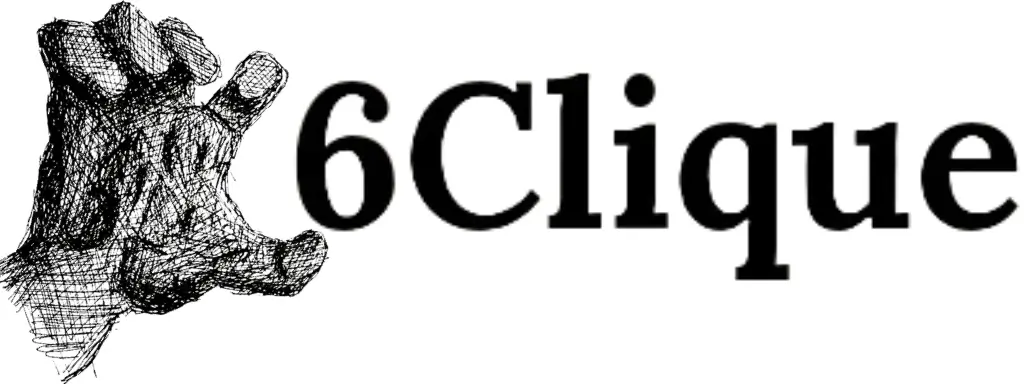In the modern era, social media platforms have become central to how we communicate, share, and consume information. From scrolling through Instagram feeds to checking updates on Facebook or connecting via Twitter, social media promises connection, entertainment, and a sense of community. Yet, despite these promises, research increasingly shows that social media can contribute to feelings of loneliness. The paradox of being constantly "connected" while feeling emotionally isolated has become a growing concern for mental health professionals and everyday users alike.
The Paradox of Connection
On the surface, social media seems like the ultimate solution to loneliness. It allows users to stay in touch with friends and family, meet new people, and participate in communities of shared interests. However, many people find that the connections they make online are often superficial. Likes, comments, and shares can give a temporary boost to self-esteem, but they rarely provide the depth of emotional connection that comes from in-person interactions. This paradox—feeling connected yet emotionally alone—is at the heart of the link between social media and loneliness.
Studies have shown that the more time individuals spend on social media, particularly passively scrolling through feeds without interacting meaningfully, the higher their levels of perceived loneliness. Unlike face-to-face conversations, online interactions often lack the nuanced emotional cues that help humans feel understood and supported. This can leave users feeling as though they are communicating without truly being heard.
Comparison Culture and Its Impact
One of the most significant ways social media contributes to loneliness is through social comparison. Platforms are designed to highlight the best aspects of life—vacations, achievements, perfect meals, and curated appearances. Constant exposure to these idealized portrayals can make users feel inadequate or left out, fostering a sense of isolation. Even when users are actively participating online, the comparison culture can erode self-esteem and increase the feeling that "everyone else has a better life."
Research indicates that users who engage heavily in upward social comparison—comparing themselves to people they perceive as better off—report higher levels of loneliness and depressive symptoms. Social media, when consumed passively and uncritically, can amplify these negative emotions, making users feel disconnected from both their online and offline communities.
The Limitations of Digital Interaction
Another factor contributing to social media-induced loneliness is the nature of digital communication itself. Text, emojis, and even video calls cannot fully replicate the richness of in-person interactions. Nonverbal cues such as tone of voice, facial expressions, and body language play a crucial role in human connection, providing context and emotional depth that digital communication often lacks. Without these cues, interactions can feel shallow or unsatisfying, leaving users craving more authentic connections.
Furthermore, online communication is often asynchronous, meaning responses may be delayed or absent. This can create uncertainty, misunderstanding, or a sense of rejection, all of which intensify feelings of loneliness. Even active engagement on social media does not guarantee emotional fulfillment if the interaction lacks sincerity or depth.
Social Media and Mental Health
The impact of social media on mental health is closely tied to feelings of loneliness. Individuals who feel lonely may turn to social media for comfort, hoping to fill the void with virtual interactions. Unfortunately, this can become a vicious cycle: the more time spent online seeking connection, the more disconnected one may feel in real life. This cycle can contribute to anxiety, depression, and overall emotional distress.
However, it is important to note that social media itself is not inherently harmful. The issue arises from how it is used. Mindful, intentional use that prioritizes meaningful interaction and emotional support can counteract feelings of loneliness. Communities that encourage genuine conversation, shared experiences, and empathetic engagement have been shown to improve users’ sense of belonging and emotional well-being.
Strategies for Combating Loneliness Online
To reduce the negative impact of social media on loneliness, consider adopting strategies that foster authentic connection. First, limit passive scrolling and instead engage actively with others. Comment, ask questions, and participate in discussions that encourage meaningful interaction. This creates a sense of reciprocity and genuine engagement.
Second, diversify your online activities. Join interest-based groups, participate in collaborative projects, or follow creators who share educational or inspiring content. Interacting in communities with shared goals or values often leads to more fulfilling experiences than consuming content alone.
Third, set healthy boundaries around social media use. Allocating specific times for checking social media or taking breaks can prevent overconsumption and reduce the risk of comparison-induced loneliness. Mindfulness practices, journaling, or offline hobbies can complement online interactions, creating a balanced digital and real-world life.
How 6Clique Addresses Social Media and Loneliness
At 6Clique, we recognize the challenges of social media and loneliness and have designed our platform to address them directly. Unlike traditional social media, which often prioritizes metrics, likes, and viral content, 6Clique focuses on authentic emotional connections. Users engage in small, intimate groups that encourage trust, empathy, and shared experiences.
By promoting meaningful interaction over superficial engagement, 6Clique creates a supportive environment where users feel seen, heard, and valued. Daily prompts, journals, and thoughtfully designed group activities help members cultivate genuine relationships, reducing the sense of isolation that so often accompanies online life.
Whether you are seeking emotional support, new friendships, or simply a space to express yourself authentically, 6Clique offers an alternative to traditional social media. By prioritizing quality interactions and fostering emotional presence, the platform helps users combat loneliness while enjoying the benefits of online connection.
Conclusion
The relationship between social media and loneliness is complex. While online platforms provide the opportunity for connection, they can also exacerbate feelings of isolation if used passively or without mindfulness. Understanding this dynamic is the first step toward using social media in a way that supports mental health rather than undermines it.
By engaging intentionally, seeking meaningful interactions, and exploring platforms like 6Clique that prioritize emotional depth, users can navigate the digital landscape without falling into the trap of loneliness. Social media does not have to isolate—it can be a tool for authentic connection, emotional support, and personal growth. The key lies in using it thoughtfully and seeking communities that value quality over quantity.

